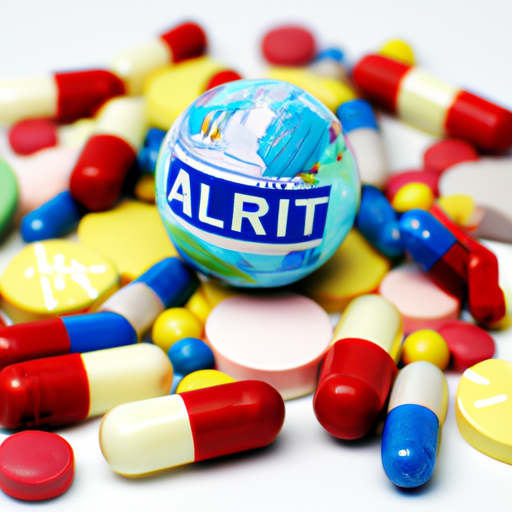Antibiotic resistance is one of the most pressing threats to global health, impacting our ability to treat infections and control disease outbreaks. The rise in resistant bacteria necessitates urgent, coordinated action worldwide.
What is Antibiotic Resistance?
Antibiotic resistance occurs when bacteria evolve mechanisms to resist the effects of medications designed to kill or weaken them. This phenomenon is a natural evolutionary process, but it has been exacerbated by human activities, primarily the overuse and misuse of antibiotics in medicine and agriculture. The survival of resistant strains means that standard treatments become ineffective, infections persist, and the risk of spreading resistant bacteria increases. The mechanisms behind resistance include producing enzymes that deactivate antibiotics, altering drug targets in the bacteria, and pumping the antibiotics out of the bacterial cells. The misuse and overuse of antibiotics provide bacteria with more opportunities to adapt and develop resistance, making formerly manageable infections potentially life-threatening.
Causes of Antibiotic Resistance
Several factors contribute to the growing problem of antibiotic resistance. One of the primary causes is the inappropriate prescribing of antibiotics by healthcare providers, often due to pressure from patients or misdiagnosis. Antibiotics are frequently used for viral infections, against which they are ineffective, creating unnecessary opportunities for resistant bacteria to thrive. Agricultural practices also play a significant role; in many parts of the world, antibiotics are used not only to treat sick animals but also to promote growth and prevent disease in healthy ones. This extensive use of antibiotics in livestock can lead to resistant bacteria that can be transferred to humans through the food chain. Inadequate infection prevention and control in healthcare settings and poor sanitary conditions further facilitate the spread of resistant bacteria.
Global Impact of Antibiotic Resistance
The impact of antibiotic resistance is profound, posing a significant threat to global health, food security, and development. Resistant infections result in prolonged hospital stays, higher medical costs, and increased mortality. Common infectious diseases such as pneumonia, tuberculosis, gonorrhea, and salmonellosis have become harder and sometimes impossible to treat with standard antibiotics. Economically, antibiotic resistance is a burden on healthcare systems, particularly in low- and middle-income countries where resources are already limited. There is also a broader impact on industries such as agriculture and travel, as resistant bacteria can spread through various channels, crossing borders and continents. The threat of a post-antibiotic era where minor infections or surgeries could become life-threatening underscores the urgency of addressing this issue on a global scale.
Measures to Combat Antibiotic Resistance
Combatting antibiotic resistance requires a multifaceted approach, encompassing improved surveillance, regulation, and public awareness. Governments and health organizations must work together to monitor the use of antibiotics and the spread of resistance. Strict regulations are essential to prevent the over-the-counter sale of antibiotics and limit their use in agriculture. Promoting prudent use of antibiotics among healthcare professionals through stewardship programs can help ensure these drugs are prescribed only when necessary. Improving infection prevention and control in healthcare settings can reduce the spread of resistant bacteria. Public education campaigns are crucial to inform people about the dangers of antibiotic misuse and the importance of adhering to prescribed treatments. Additionally, investing in research and development of new antibiotics and alternative treatments is vital for staying ahead of evolving bacteria.
The Role of Individuals in Preventing Antibiotic Resistance
While institutional measures are critical, individual actions play a significant role in preventing antibiotic resistance. Patients should follow their doctors&8217; prescriptions accurately, completing the full course of treatment even if they feel better. Self-medicating or using leftover antibiotics can worsen the problem by allowing some bacteria to survive and develop resistance. Personal hygiene practices, such as regular handwashing and keeping vaccinations up-to-date, can prevent infections and reduce the need for antibiotics. Consumers can also help by choosing meat and poultry that are raised without the routine use of antibiotics. By being informed and making conscious choices, individuals can contribute significantly to the global effort to curb antibiotic resistance.
